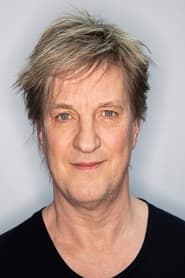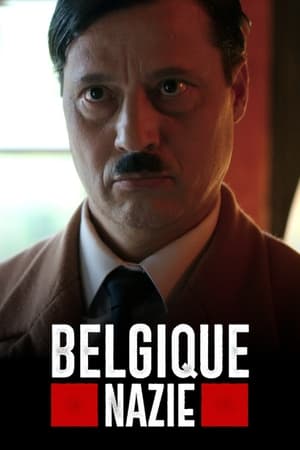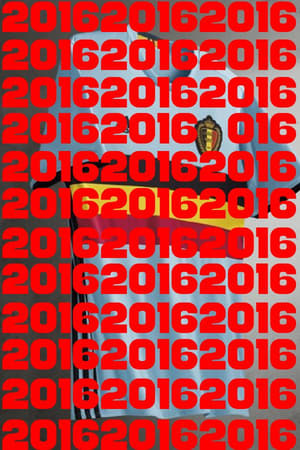
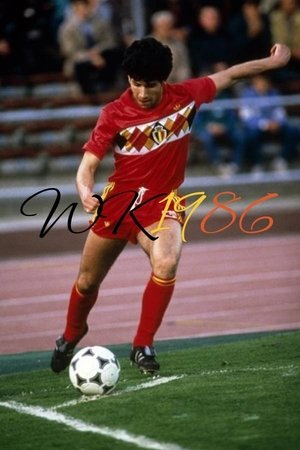
Mexico 86: Het WK van de Rode Duivels | deel 1(2020)
Movie: Mexico 86: Het WK van de Rode Duivels | deel 1
Top 4 Billed Cast
Frank Raes
Jan Ceulemans

Mexico 86: Het WK van de Rode Duivels | deel 1
HomePage
Overview
Release Date
2020-03-27
Average
0
Rating:
0.0 startsTagline
Genres
Languages:
NederlandsKeywords
Similar Movies
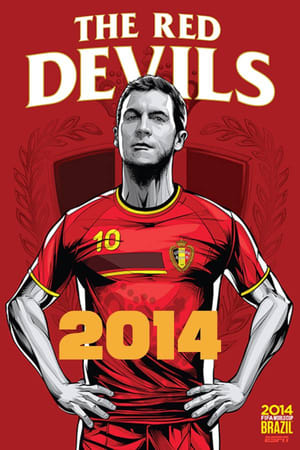 0.0
0.0WK 2014: De ontbolstering van een gouden generatie bij de Rode Duivels(nl)
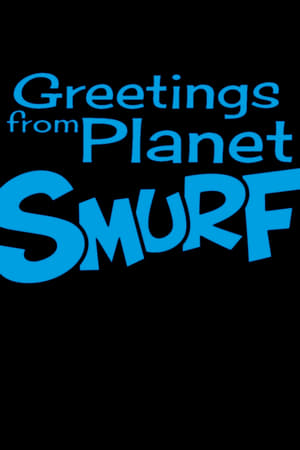 8.2
8.2Greetings From Planet Smurf(fr)
The Smurfs were created in 1958 by the Belgian comic author Peyo (Pierre Culliford, 1928-1992) and they are one of Belgium's most recognized exports. From Brussels to Los Angeles, via Dubai, a journey into the tiny world of the famous little blue people, from the story of the creation of the original comic to the account of their huge global commercial exploitation.
 7.4
7.4Soundtrack to a Coup d'Etat(fr)
Jazz and decolonization are intertwined in a powerful narrative that recounts one of the tensest episodes of the Cold War. In 1960, the UN became the stage for a political earthquake as the struggle for independence in the Congo put the world on high alert. The newly independent nation faced its first coup d'état, orchestrated by Western forces and Belgium, which were reluctant to relinquish control over their resource-rich former colony. The US tried to divert attention by sending jazz ambassador Louis Armstrong to the African continent. In 1961, Congolese leader Patrice Lumumba was brutally assassinated, silencing a key voice in the fight against colonialism; his death was facilitated by Belgian and CIA operatives. Musicians Abbey Lincoln and Max Roach took action, denouncing imperialism and structural racism. Soviet Premier Nikita Khrushchev intensified his criticism of the US, highlighting the racial barriers that characterized American society.
 7.9
7.9Log in Belgium(ko)
“To me films are an imaginary world where emotion comes into play.” YOO Teo traveled to Belgium to make his movie but he ended up being locked down due to COVID-19. This film is about his 15-days of quarantine in Antwerp Hotel fighting for his movie and loneliness. He also depicted his most personal story. This is the debut film of YOO Teo both as the star and the director.
 6.4
6.4Sœur Sourire: Who Killed the Voice of God?(fr)
1962. A crystalline voice becomes a planetary tube. A Belgian nun jostles Elvis and the Beatles on the world charts. Her name: Sister Smile. A popstar with the trajectory of a comet who understands her success no more than the double meaning of her words… The harder the fall will be. Even God does not protect sharks' appetites or pretenses of success! Who killed the little voice of God? Here is the tragic story of an innocent voice, of an extraordinary fate, almost of a curse ...
Silent Stories(en)
Two women and two men tell their stories of exile caused by being lesbian, transgender, bisexual and gay.
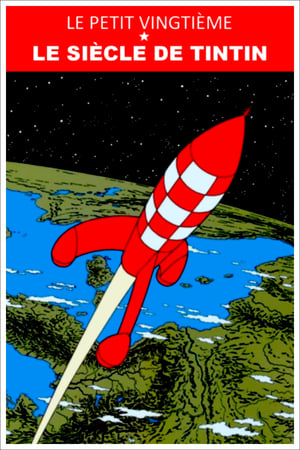 6.0
6.0Le Petit Vingtième : le siècle de Tintin(fr)
From the beginning, Hergé's work, Tintin's creator, was conditioned by the ideology of his publisher, the weekly child supplement of a Belgian Catholic newspaper. An exciting analysis of the political meaning of the adventures of Tintin.
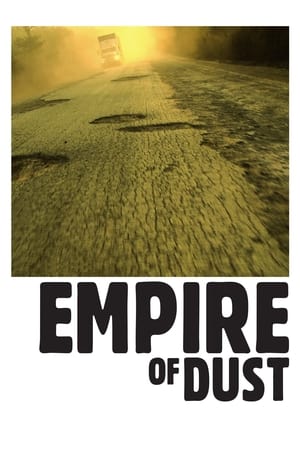 7.0
7.0Empire of Dust(fr)
Lao Yang is head of logistics of the group. He is responsible for the equipment, building materials and food (mainly chickens) to arrive in the isolated Chinese prefab camp. The Congolese government was supposed to deliver these things but so far the team hasn't received anything. With Eddy (a Congolese man who speaks Mandarin fluently) as an intermediate, Lao Yang is forced to leave the camp and deal with local Congolese entrepreneurs, because without the construction materials the road works will cease. What follows is an endless, harsh, but absurdly funny roller coaster of negotiations and misunderstandings, as Lao Yang learns about the Congolese way of making deals.
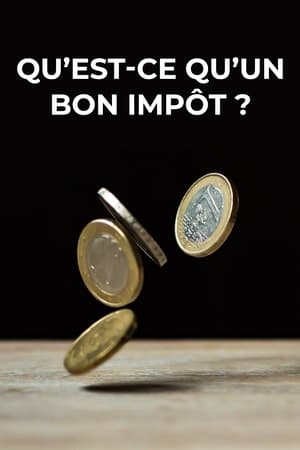 6.0
6.0What Is a Good Tax?(fr)
Too high, misused, unfair... a large part of the French and Europeans criticize taxes. From tax-rascal to tax revolt, the movement of yellow vests in France has returned to the center of attention the question of consent to tax. How to explain a different resistance to taxes from one country to another without tax pressure being an explanation? Is there a "good" tax? Jean Quatremer takes us on a journey to the tax center across Europe, to meet those who pay it, those who decide it, those who study it... or those who allow to avoid it.
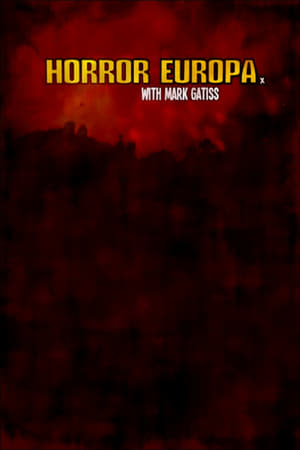 8.0
8.0Horror Europa with Mark Gatiss(en)
Actor and writer Mark Gatiss embarks on a chilling journey through European horror cinema, from the silent nightmares of German Expressionism in the 1920s to the Belgian lesbian vampires in the 1970s, from the black-gloved killers of Italian bloody giallo cinema to the ghosts of the Spanish Civil War, and finally reveals how Europe's turbulent 20th century forged its ground-breaking horror tradition.
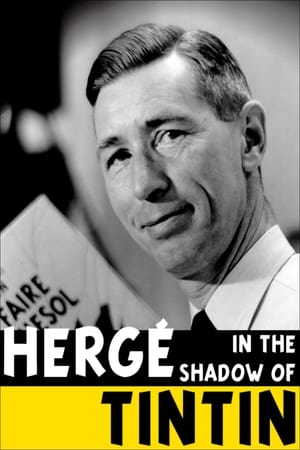 7.5
7.5Hergé: In the Shadow of Tintin(fr)
Georges Remi, known as Hergé, a complex and complicated artist, created Tintin, one of the most famous characters in the world. With exceptional access to the archives of Studios Hergé and Moulinsart, this documentary looks at Remi's life and the way he changed the art of comic.
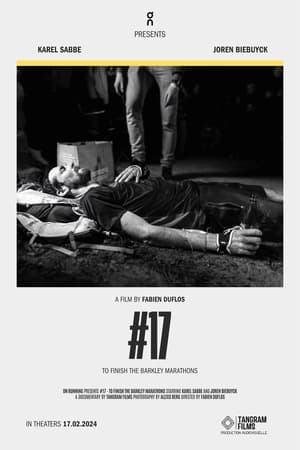 5.0
5.0#17 - To Finish The Barkley Marathons(en)
An unprecedented look into the psyche of Karel Sabbe in his attempt to finish the legendary Barkley Marathons. As the first documentary focusing on a finisher, it unveils Sabbe's mental fortitude and physical resilience in tackling the brutal course. Through intimate interviews and captivating footage, viewers gain invaluable insights into the mindset required to endure the grueling challenges of the Barkley.
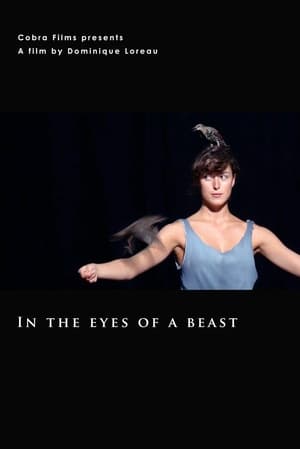 8.0
8.0In The Eyes Of A Beast(fr)
How do humans and animals see each other? Dominique Loreau captures astonishing exchanges of “views” between people and animals who coexist in the city, in farms, slaughterhouses, zoos, museums, or in a dance rehearsal room. In The Eyes Of A Beast questions the permeable boundary between man and animal.
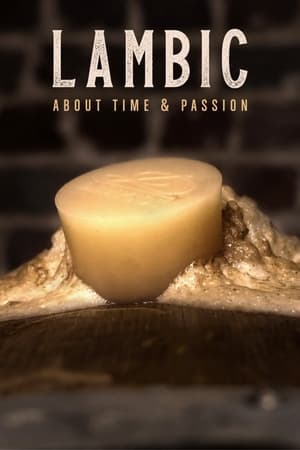 0.0
0.0Lambic: About Time & Passion(en)
Lambic is a style of beer that has been brewed in Belgium since hundreds of years ago, and today it still remains under that almost magical halo around its production process and the mysterious yeast that make it possible. Lambic: about time & passion is a project that we started as a way of giving voice to lambic beer and to those characters that play an important role in the development and preservation of this ancient style of beer.
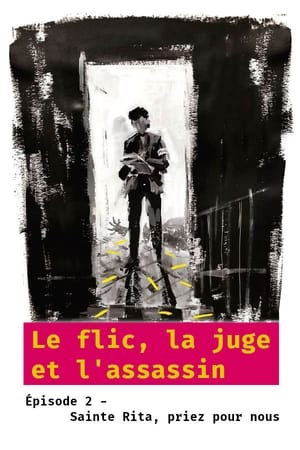 0.0
0.0Le flic, la juge et l'assassin - Épisode 2 : Sainte Rita, priez pour nous(fr)
 0.0
0.0Emperors of Nothing(fr)
Emperors of Nothing is an unprecedented immersion within Forest, a prison in Brussels notorious for its inhumane incarceration conditions, bearing witness to how the human spirit resists or submits to this harsh world. Deeply personal and candid moments shared with inmates and wardens alike, those who have forfeited or devoted their lives to prison, expose universal truths of what it means to be "behind bars".
Belgian Campaigns in Africa(fr)
Report retracing the military campaigns of the Belgian colonial troops in Africa through geographical maps, title cards, and documentary footage.
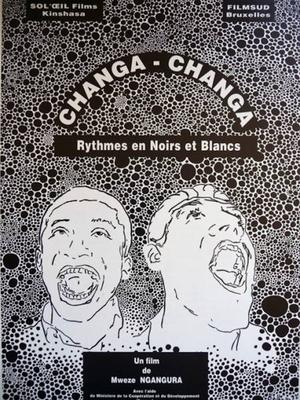 0.0
0.0Changa Changa, rythmes en noirs et blancs(en)
A rare documentary made in Brussels in the early nineties collecting witnesses on how local and Congolese musicians enriched each other including internationally known stars such as Manu Dibango, Toots Tielemans, Vaya Con Dios, Phillippe Catherine, Victor Laszlo, Zap Mama...

